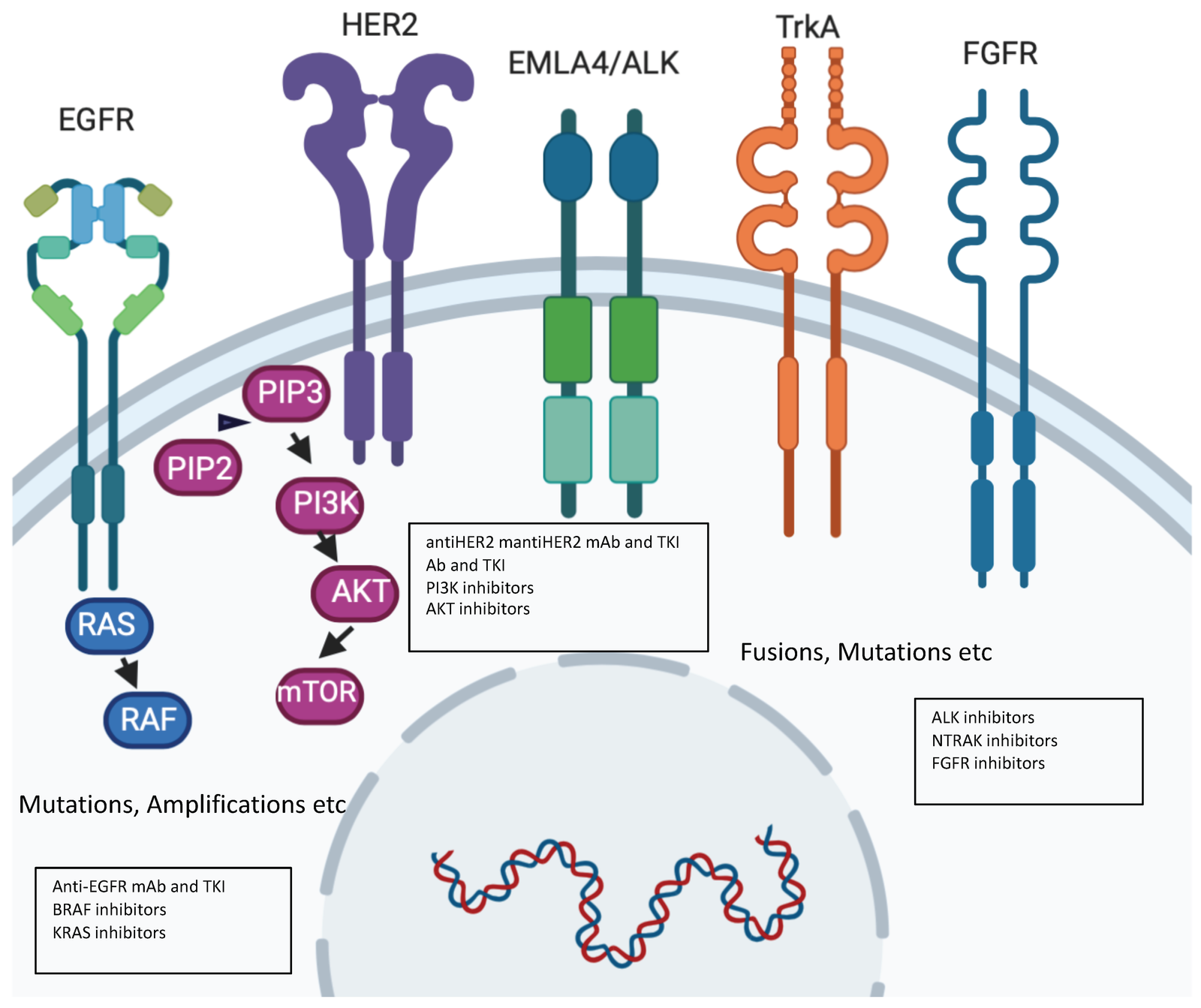Targeted Therapy in Cancer: Precision Medicine for Promising Outcomes
Introduction: Targeted therapy has revolutionized the field of cancer treatment, offering hope and promising outcomes for patients diagnosed with various types of cancer. Unlike traditional chemotherapy that attacks both cancerous and healthy cells, targeted therapy focuses on specific molecular alterations or pathways that fuel cancer growth. This approach allows for more precise and personalized treatment, minimizing side effects and increasing the chances of successful outcomes. In this article, we delve into the concept of targeted therapy in cancer and explore its potential impact on improving patient outcomes.
Understanding Targeted Therapy: Targeted therapy is a type of cancer treatment that targets specific molecules or genetic mutations that drive cancer growth. These alterations can be found on the cancer cell surface, within the cell, or even in surrounding tissues that support cancer growth. These alteration in cancer cells can be found out by using sophisticated molecular tests like Next-Generation Sequencing (NGS) or RT-PCR on the tumour tissue or blood sample. By pinpointing these specific targets, oncologists can tailor treatment to address the unique characteristics of each patient’s cancer, maximizing the therapeutic benefit.
Mechanism of Action: Targeted therapies work by interfering with specific molecules or pathways involved in cancer cell proliferation, survival, and metastasis. Unlike chemotherapy, which attacks rapidly dividing cells, targeted therapies focus solely on the specific targets, sparing healthy cells from damage. Commonly targeted molecules include receptor tyrosine kinases, growth factors, and immune checkpoints, among others. By blocking or inhibiting these targets, targeted therapy aims to halt cancer growth, induce cell death, or trigger an immune response against cancer cells.
Types of Targeted Therapy:
Small Molecule Inhibitors: These drugs are designed to block the activity of specific molecules within cancer cells, disrupting their growth and survival. Examples include tyrosine kinase inhibitors (TKIs) and proteasome inhibitors.
Monoclonal Antibodies: These therapies utilize engineered antibodies to target specific proteins on the surface of cancer cells, marking them for destruction by the immune system or blocking their signaling pathways.
Immune Checkpoint Inhibitors: These drugs unleash the body’s immune response against cancer cells by inhibiting certain proteins (checkpoints) that prevent immune cells from attacking cancer.
PARP Inhibitors: These inhibitors target cancer cells with specific DNA repair defects, exploiting their vulnerabilities and preventing cell repair mechanisms.
Applications and Benefits: Targeted therapy has shown tremendous potential in various cancer types, including breast, lung, colorectal, and melanoma. Some of the key benefits of targeted therapy include:
Improved Efficacy: Targeted therapies have demonstrated superior effectiveness in certain patient populations with specific genetic mutations or molecular alterations, resulting in higher response rates and prolonged survival.
Reduced Side Effects: Compared to traditional chemotherapy, targeted therapies are often associated with fewer severe side effects, leading to better quality of life during treatment.
Personalized Treatment: By identifying the unique molecular profile of each patient’s cancer, targeted therapy allows for tailored treatment plans, optimizing therapeutic outcomes.
Combination Therapies: Targeted therapies can be combined with other treatment modalities, such as chemotherapy or radiation, for synergistic effects and enhanced treatment results.
Conclusion:
Targeted therapy represents a paradigm shift in cancer treatment, offering a more precise and personalized approach to combat this devastating disease. As research and technological advancements continue, several newer drugs are rapidly being developed to treat cancer. With ongoing efforts in precision medicine, targeted therapy is poised to play a pivotal role in the fight against cancer, ushering in a new era of hope and progress in oncology.

